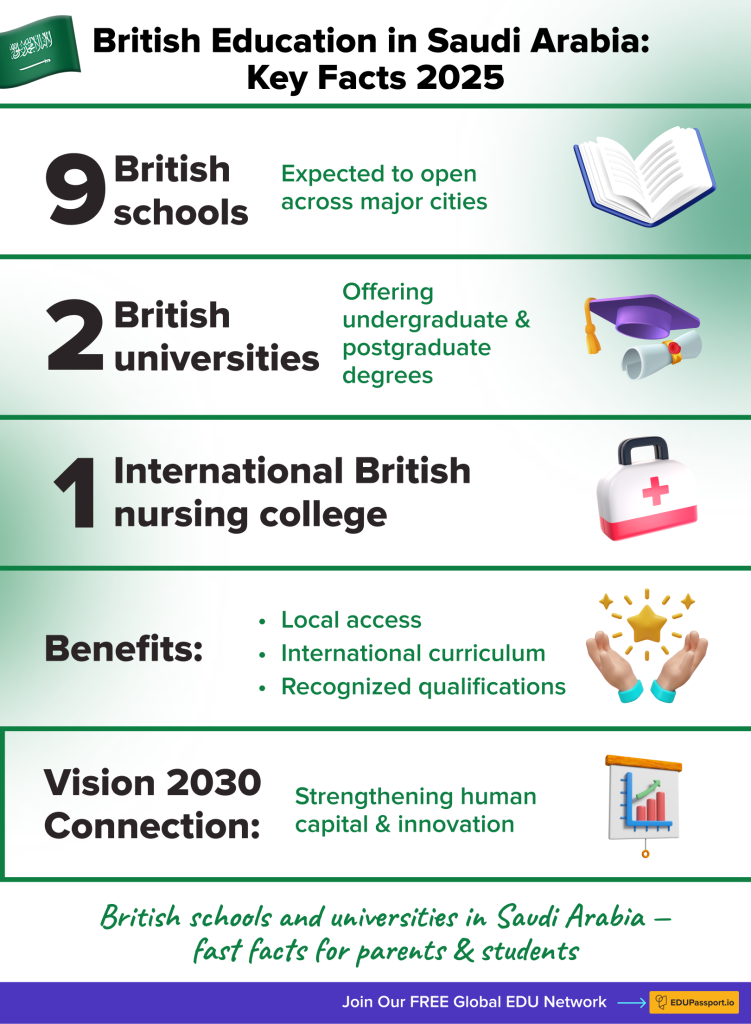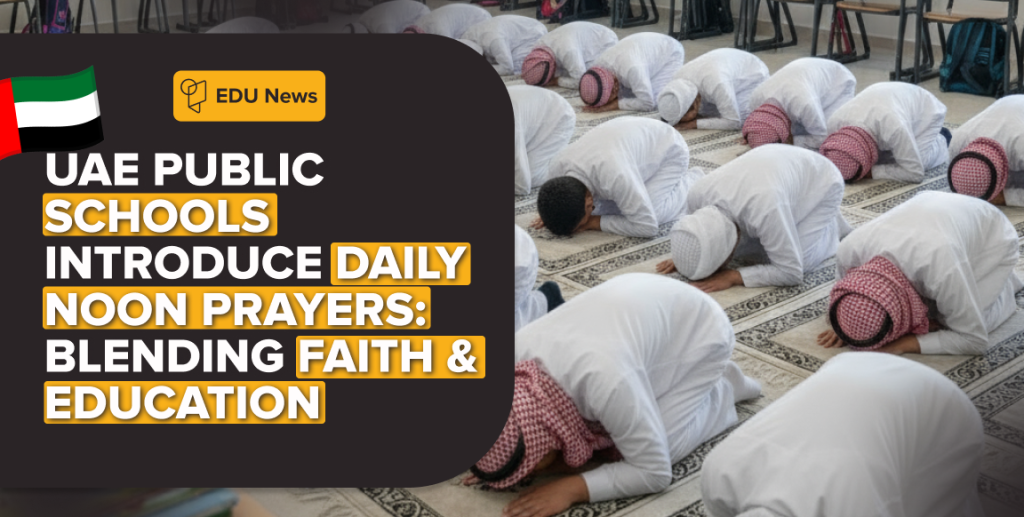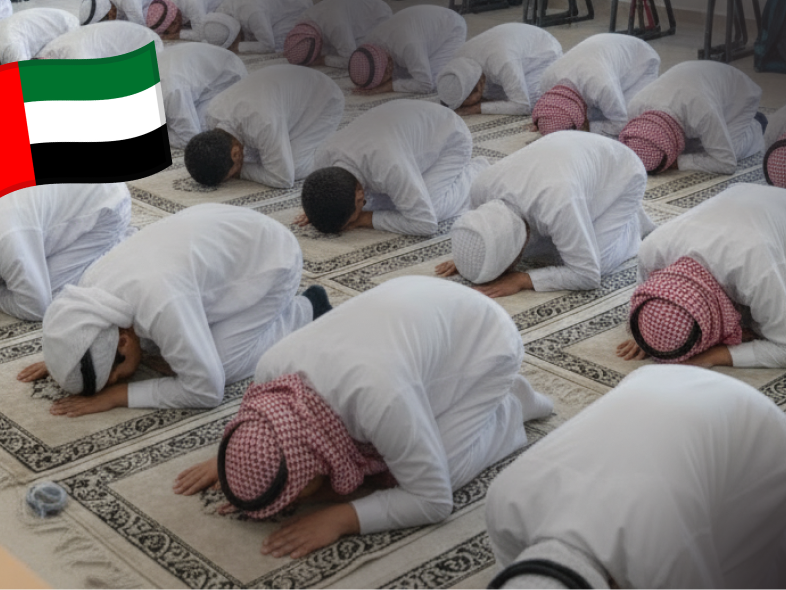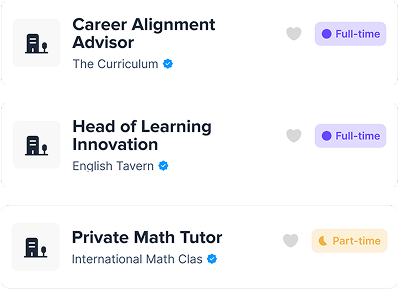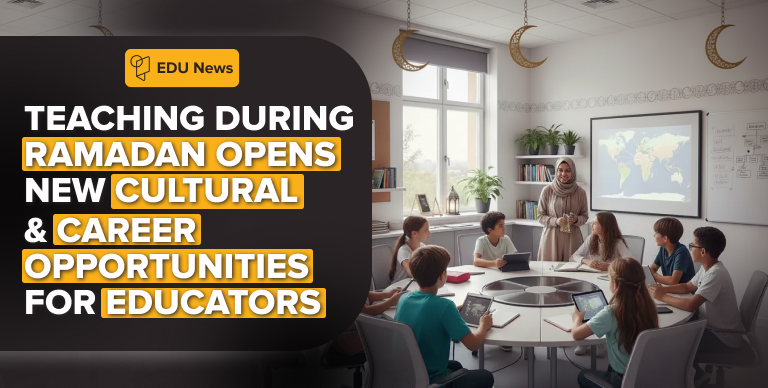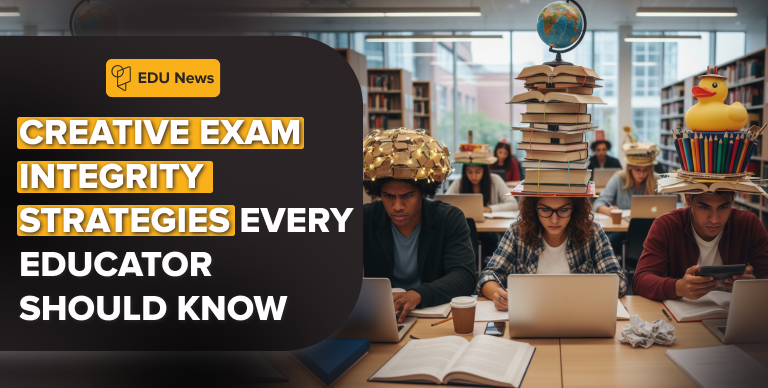In a move that highlights the balance between tradition and modern learning, the UAE school noon prayer policy will see all public schools dedicating time each day for the congregational Dhuhr (noon) prayer. The initiative, introduced by the UAE Ministry of Education, reinforces the country’s commitment to nurturing both academic excellence and moral values within its education system.
المدرسة بيت للقيم كما هي للعلم، ومن هنا خصصنا وقتاً لأداء صلاة الظهر جماعة كل يوم في جميع المدارس الحكومية.#وزارة_التربية_والتعليم pic.twitter.com/BLReDqJv4Z
— وزارة التربية والتعليم (@MOEUAEofficial) September 19, 2025
The official announcement, shared on X by the UAE Ministry of Education and covered by Gulf News, included visuals of students preparing for the prayer — laying mats, calling the adhan, and performing ablution. The message was clear: schools are more than places of study; they are homes of values, community, and shared identity.
A Step Toward Value-Based Education
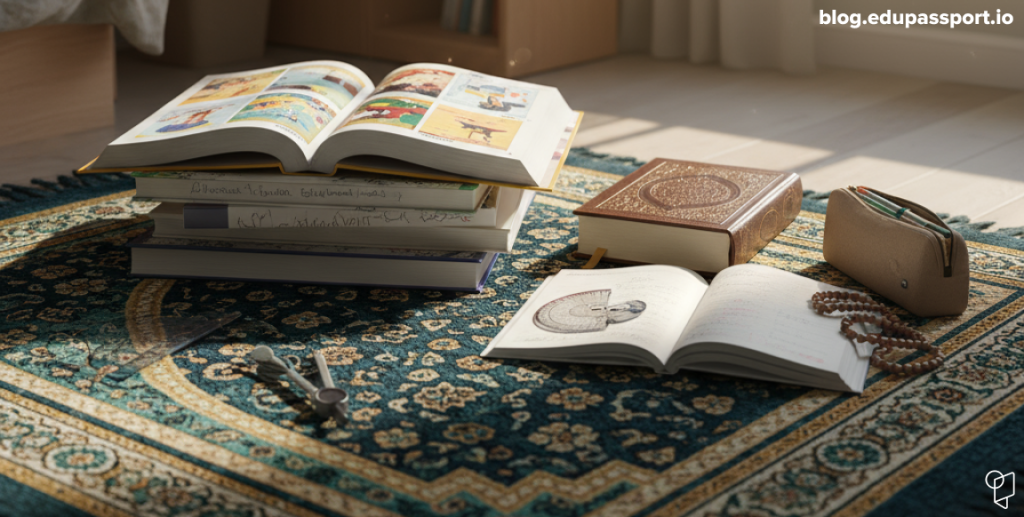
The UAE’s decision to formalize daily congregational prayer is more than a scheduling change. It reflects a broader philosophy where faith and education coexist harmoniously. By setting aside time for Dhuhr prayer, schools are creating an environment that respects religious practice while teaching discipline, empathy, and unity.
Educators across the Emirates have noted that such initiatives strengthen students’ sense of belonging and reinforce character development — qualities that complement academic performance. The practice may also offer students a mental pause in the day, allowing them to reset before returning to lessons with renewed focus and calm.
While some might wonder how school timetables will adapt, the Ministry’s guidance emphasizes flexibility. The prayer time is designed to fit naturally within the school day without disrupting core learning hours. It’s a small but symbolic change that reaffirms the UAE’s mission to balance modern education with cultural and spiritual grounding.
Implementing the UAE School Noon Prayer Policy
The UAE school noon prayer policy includes several structured steps for implementation:
- A designated area within each public school will serve as a prayer space.
- Students will perform ablution and gather for the congregational prayer.
- Teachers and school staff may guide the process, ensuring order and inclusivity.
These actions not only encourage collective participation but also help students develop habits of organization, respect for time, and mindfulness — traits essential for lifelong learning.
This approach mirrors similar practices in other countries where education and faith intersect, such as Malaysia and Indonesia. However, the UAE’s version is distinctly local, shaped by its cultural context and emphasis on national identity.
Building Inclusion Through Shared Values
While the policy primarily supports Muslim students, it also raises a wider conversation about inclusion and diversity in education. By formally recognizing prayer within school schedules, the UAE is affirming that schools can respect spiritual values without compromising academic rigor or inclusivity.
For expatriate families and international educators, this development offers an opportunity to understand local customs and appreciate how cultural practices are integrated into national education systems. It underscores a universal truth: education is not only about grades and exams but also about shaping balanced, grounded individuals.
Looking Ahead: Faith and Learning, Hand in Hand
The UAE’s initiative adds a new dimension to public education — one that prioritizes moral grounding as much as intellectual growth. The UAE school noon prayer policy might inspire other education systems to rethink how values and learning can work together, rather than exist apart.
As the policy takes root, schools will likely monitor its impact on student well-being, attendance, and community spirit. What’s certain is that it marks another step in the UAE’s vision of holistic education — one that prepares students for a future where identity, empathy, and knowledge coexist in harmony.
At EDU Passport, we celebrate education in all its forms — from global policy shifts to classroom innovation. Stay curious, stay connected, and explore how schools worldwide are redefining learning for the next generation.
Visit EDU Passport to discover stories, insights, and opportunities shaping global education today.
